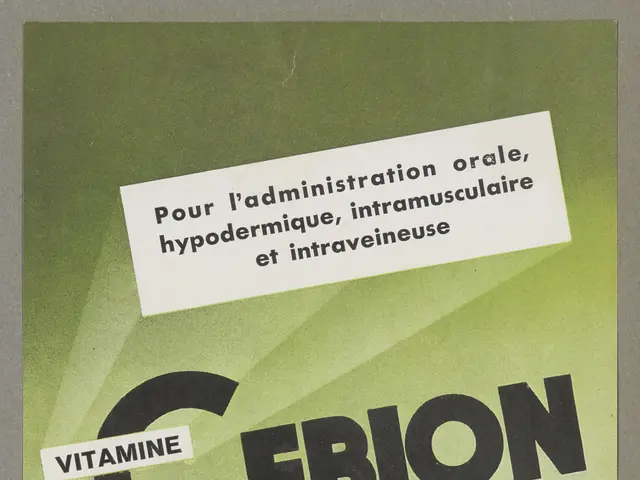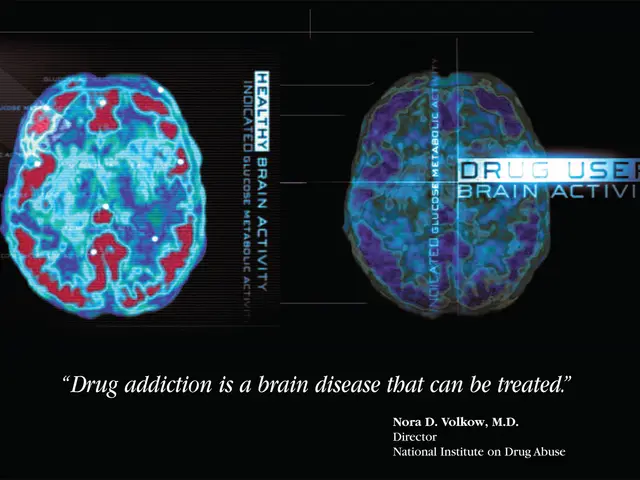Psychologist from Novosibirsk discusses signs of compulsive gambling.
Caught Red-Handed: The Persistent Problem of Illicit Gambling
Illicit gambling establishments continue to proliferate in the Novosibirsk region, fueled by the allure of substantial illegal earnings. authorities, the public, and specialists work tirelessly to combat this issue, with the number of criminal cases escalating tenfold in just a single year. To shed light on the psychological aspects of gambling addiction, psychologist Igor Liakh shared his insights.
From the Beginning to the End: The Gambling Addict's Journey
According to Liakh, a gambling addiction can creep up over a series of years before manifesting in social consequences. People usually seek help once they've lost valuable possessions like their home, car, or family inheritance.
The profile of a gambling addict often exhibits dependencies such as unrealistic dreams of grand wins and an obstinate desire for effortless money. Liakh attributes these traits to the gambler's hope for a loophole in the system, leading to warped perceptions of reality, as well as certain psychiatric characteristics such as:- irresponsible social behavior- mental retardation- arrogance- grandiose illusions
The Link Between Gambling Addiction and Other Vices: Common Symptoms
People with an inclination towards gambling addiction often display signs of addictive behavior that also apply to other dependencies. Relatives and spouses may struggle to recognize a loved one's problem with gambling, typically noticing sudden emotional outbursts or unusual expenditures.
But it's not just those with high cultural development who can overcome a gambling addiction. Liakh underscores the vital role that the family plays in the recovery journey.
Common Symptoms of Gambling Addiction:
- Behavioral:
- Preoccupation with gambling (constant planning, reliving past wins/losses)
- Chasing losses (increasing bets to recover money)
- Financial secrecy (hiding debts, borrowing money, or selling possessions)
- Neglecting responsibilities (work, relationships, or hobbies)
- Emotional:
- Guilt or shame after gambling
- Mood swings (irritability when unable to gamble)
- Anxiety or depression linked to financial strain
- Physical:
- Sleep disturbances (insomnia due to stress or late-night gambling)
- Weight fluctuations (stress-related overeating or loss of appetite)
- Headaches or hypertension from chronic anxiety
Psychological Factors Contributing to Addiction:
- Impulsivity
- Comorbid mental health disorders (like mood disorders or substance use disorders)
- Cognitive distortions (overestimating control or believing in "luck streaks")
- Trauma or stress (using gambling as an escape)
How Family Members Can Recognize It:
- Financial red flags (unexplained debts, frequent requests for money, or missing valuables)
- Behavioral changes (withdrawal from social activities, lying about whereabouts, or defensiveness about gambling)
- Emotional cues (increased irritability, expressions of hopelessness, or sudden guilt after phone/computer use)
- Physical signs (noticeable fatigue, weight loss/gain, or complaints of stress-related pain)
Early intervention is key in combating gambling addiction. Resources such as SAMHSA's National Helpline (1-800-662-4357) offer confidential support for treatment referrals.
- What if a gambling problem is disguised as an ordinary curiosity in Novosibirsk, irresponsible social behavior might surface years later when valuable possessions are lost?
- The allure of gambling's promise of grand wins and effortless money can lead to a disturbing addiction that shares common symptoms with other vices, such as preoccupation, chasing losses, and financial secrecy.
- In detecting symptoms of gambling addiction, it's essential to observe behavioral changes, emotional outbursts, and unusual expenditures – such signs are also often visible in people with other addictions.
- When it comes to addressing gambling addiction, science has found that mental health, health-and-wellness, and mental-health therapies-and-treatments are crucial in ensuring a successful recovery journey.
- Psychologist Igor Liakh emphasizes the importance of family support for helping a loved one battle their gambling addiction, citing that partners and relatives play a vital role in recognizing the warning signs and encouraging intervention for early treatment.




